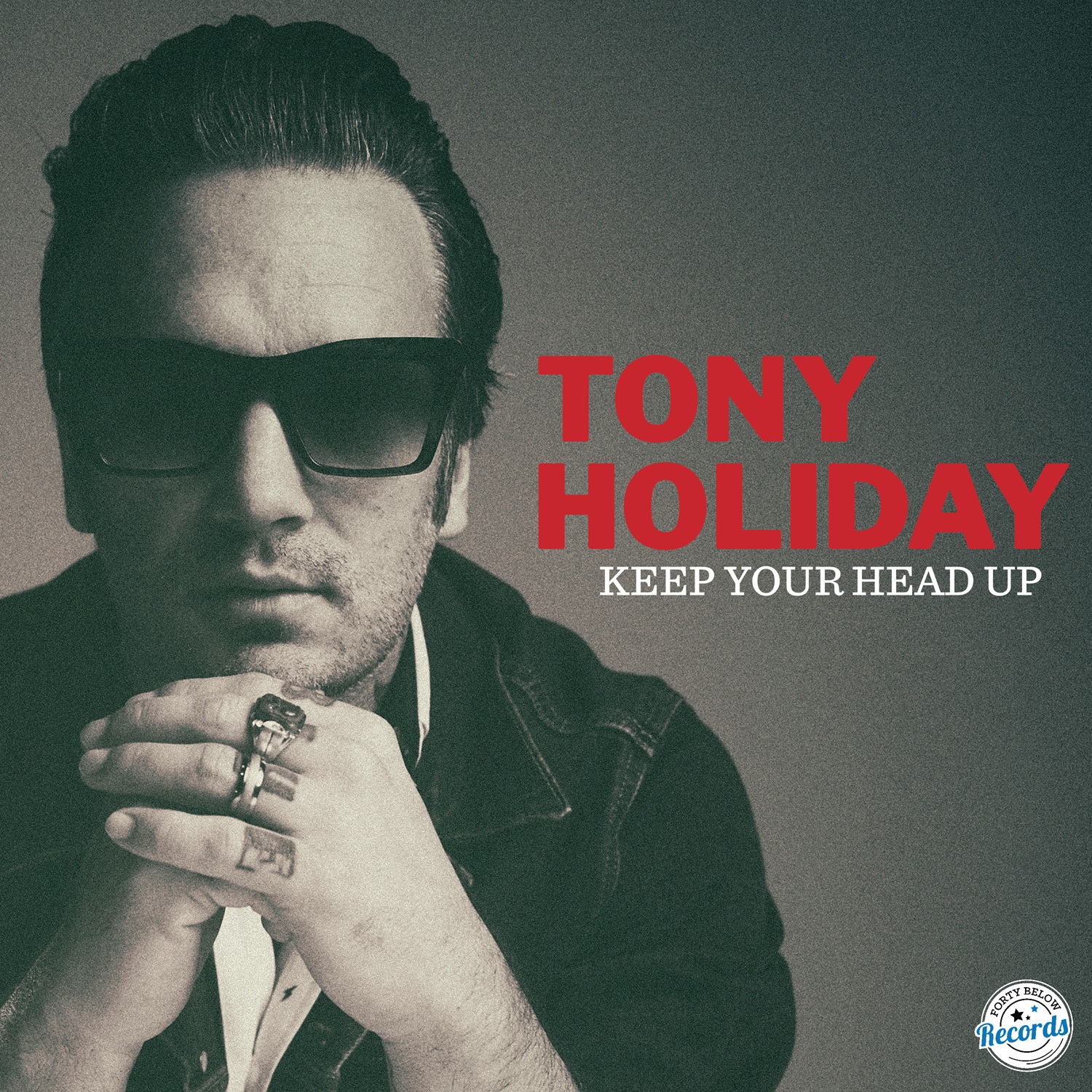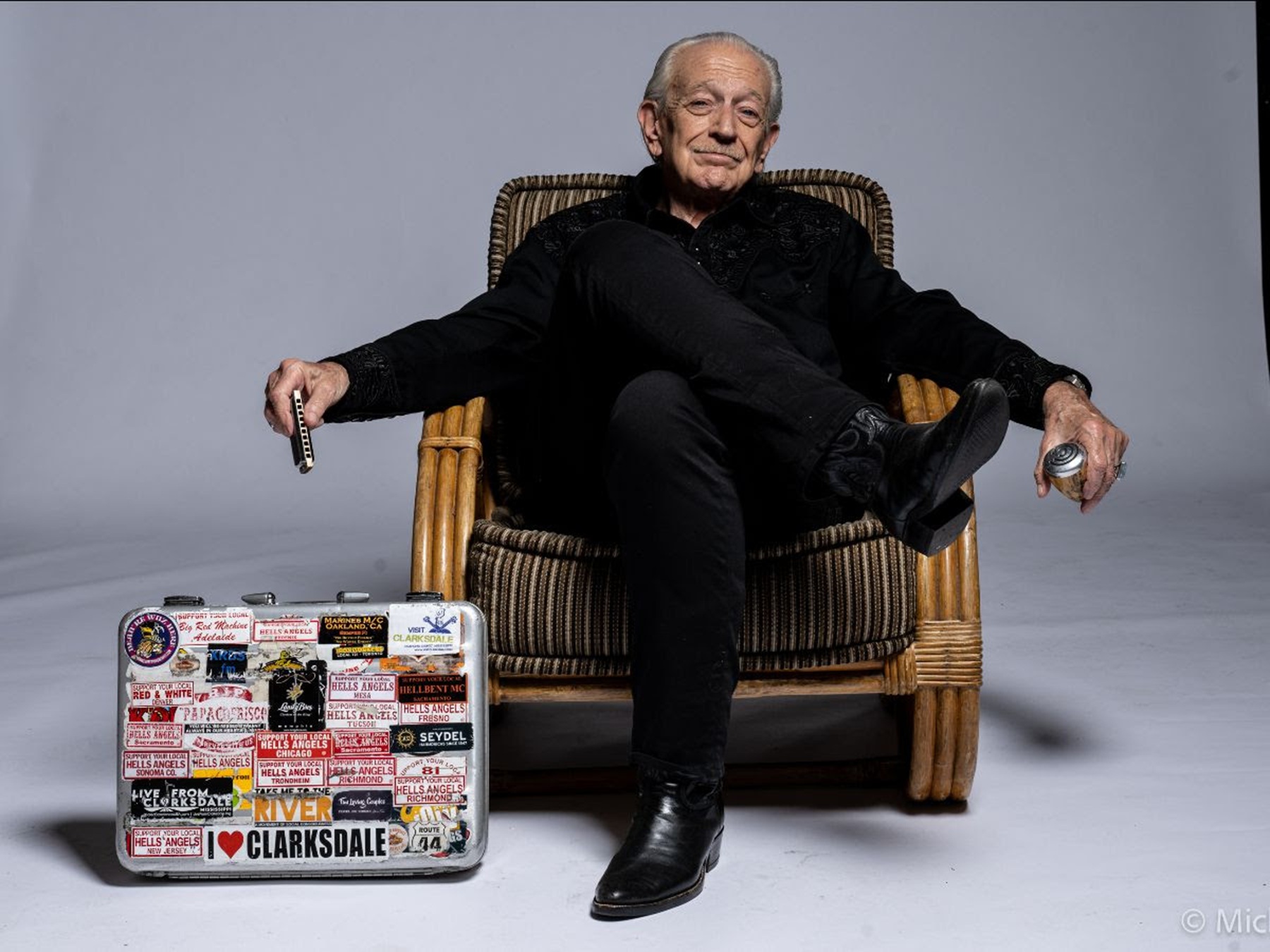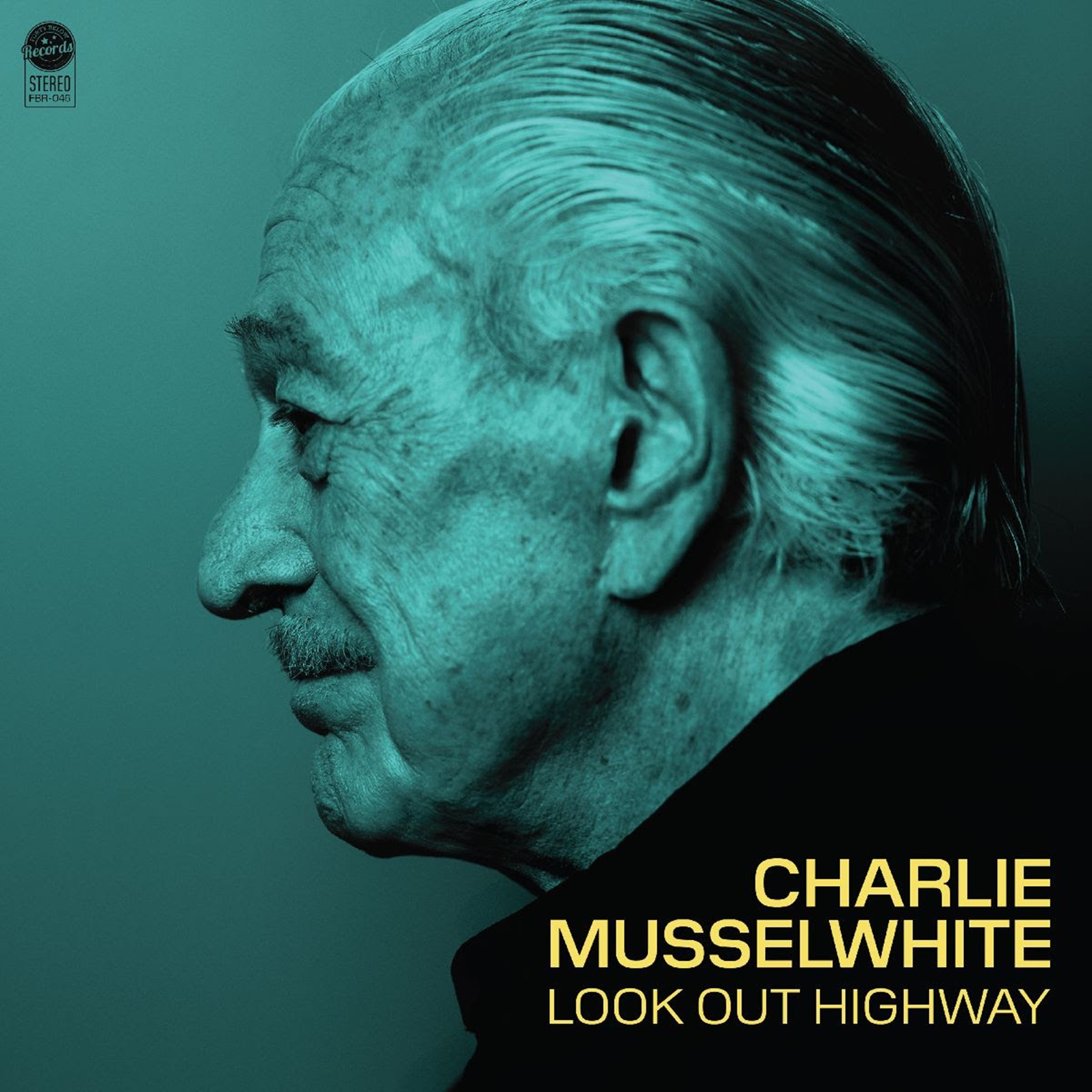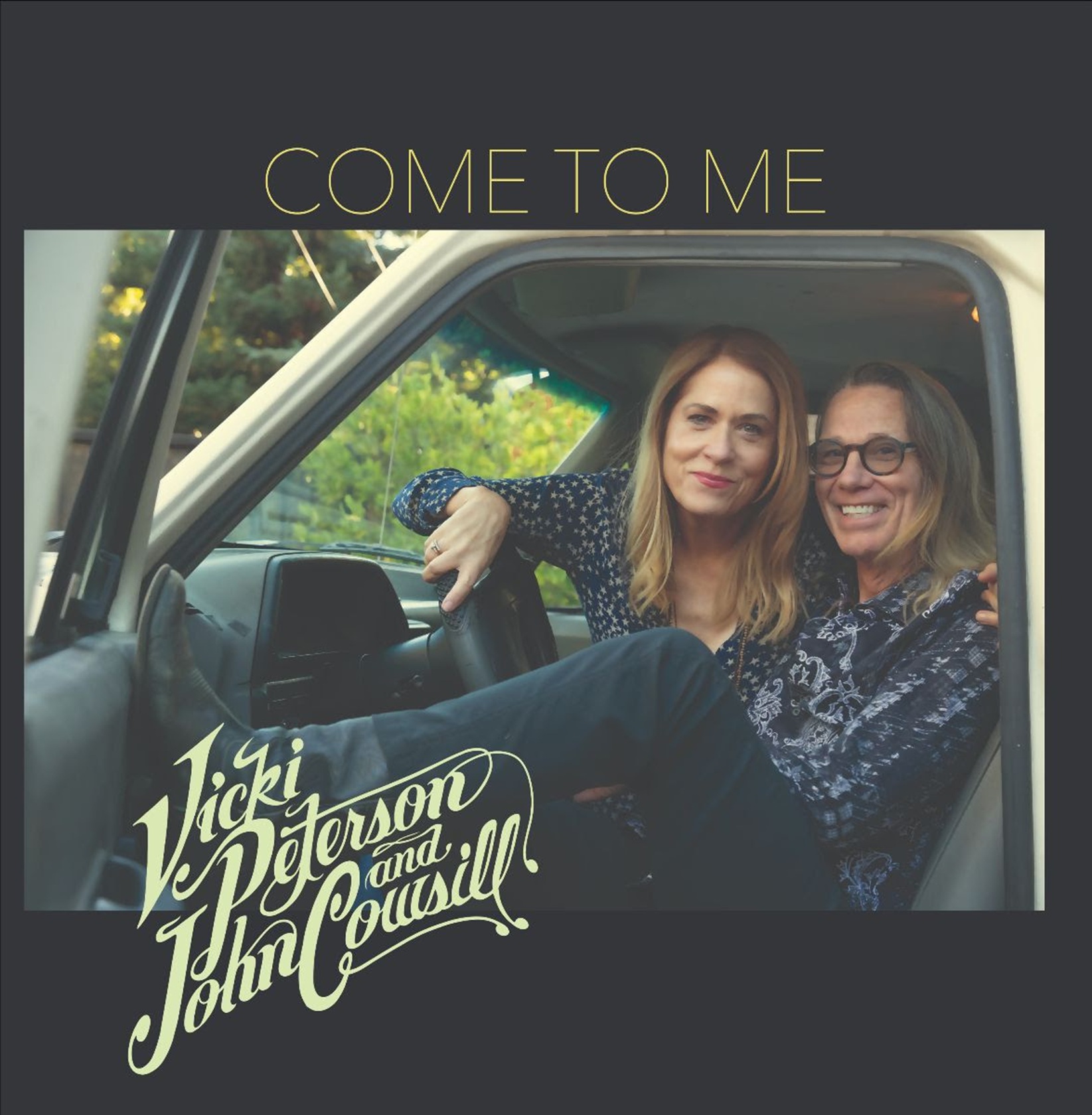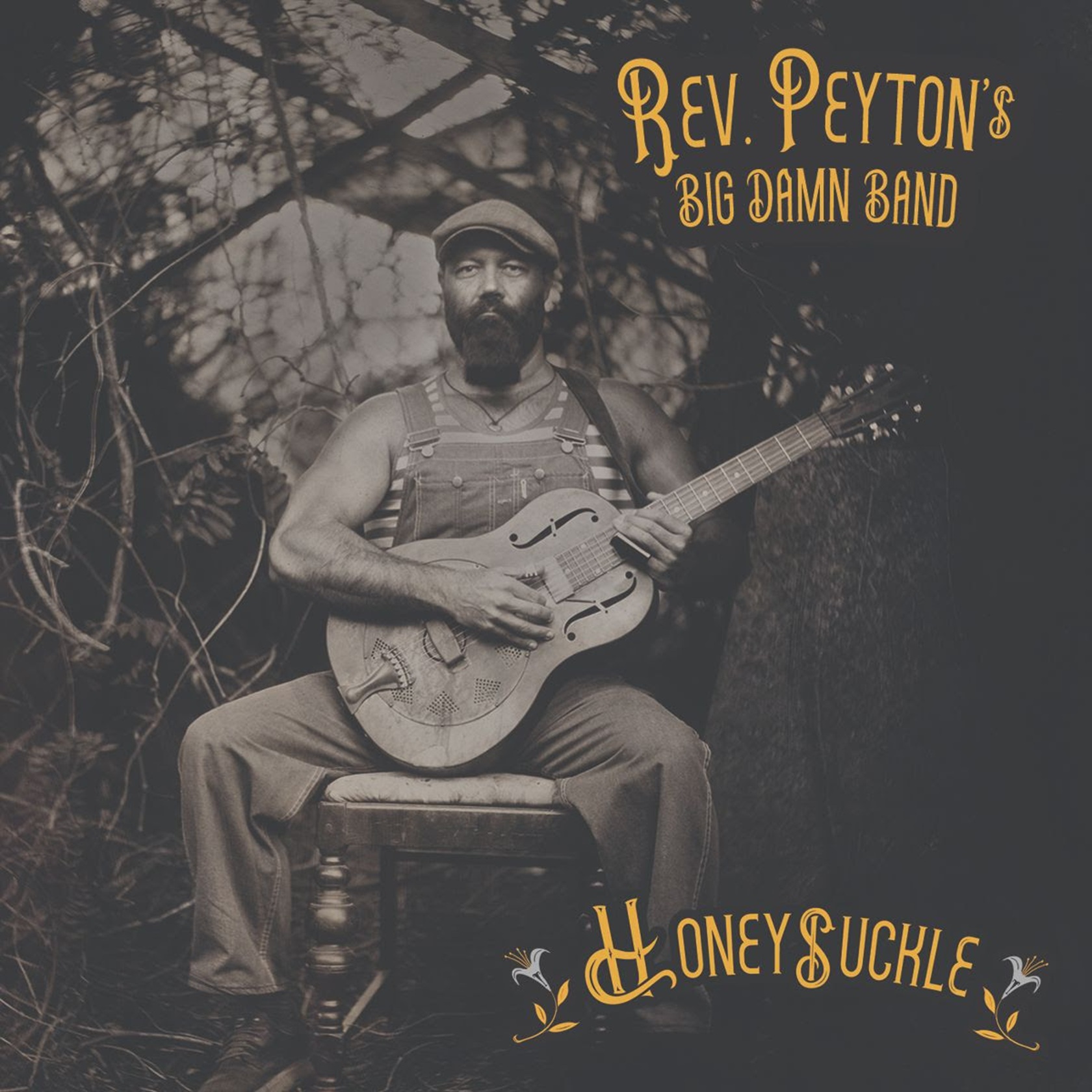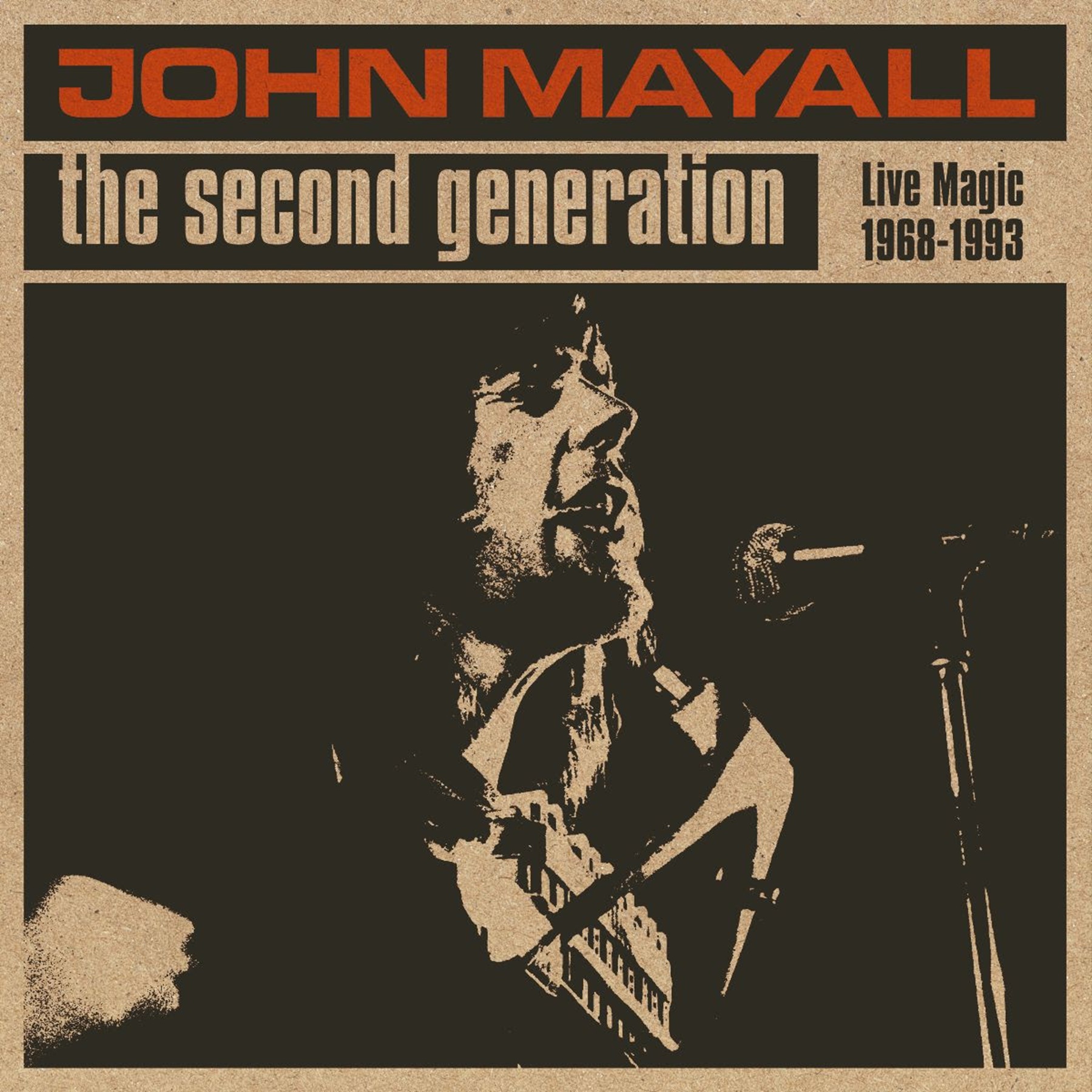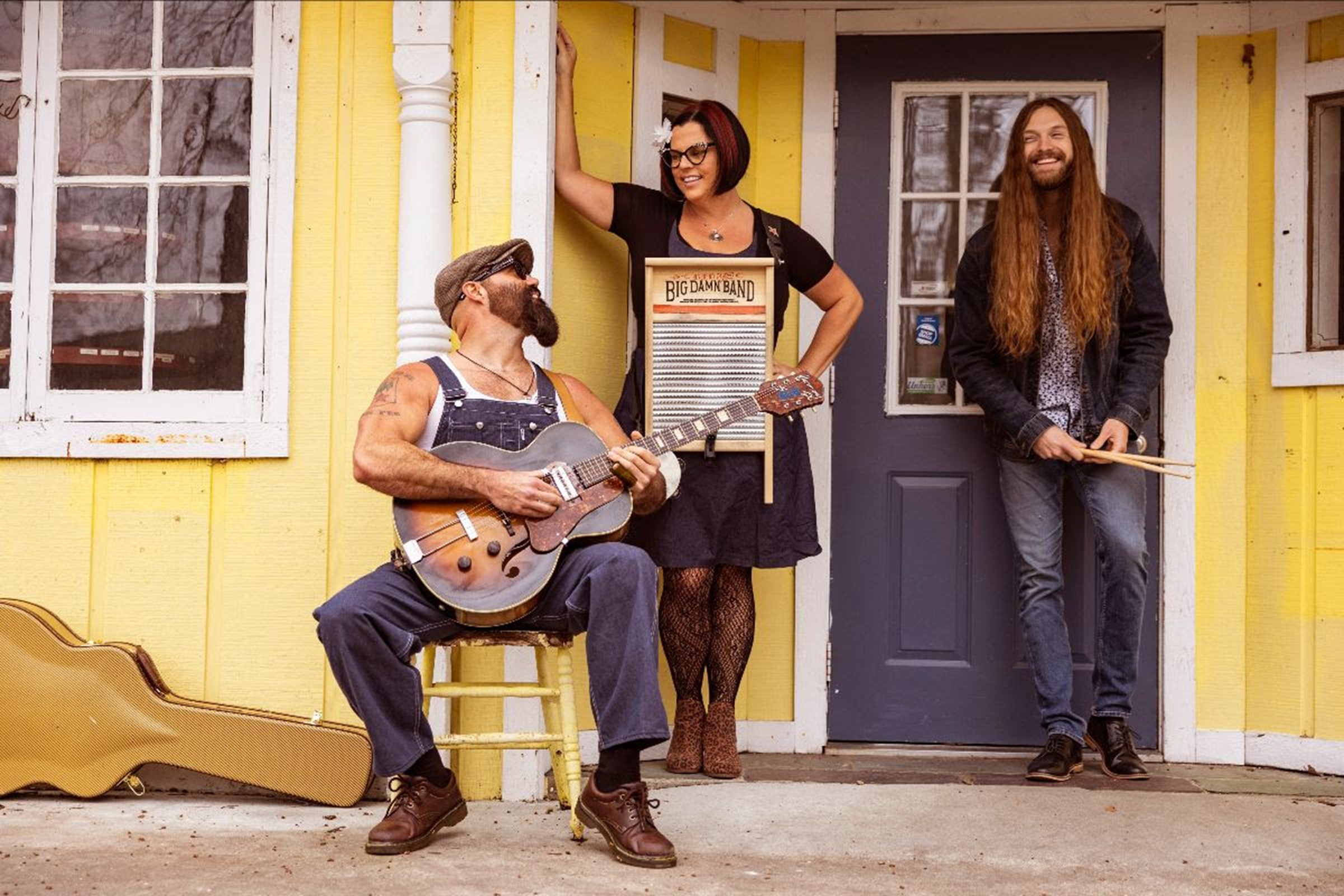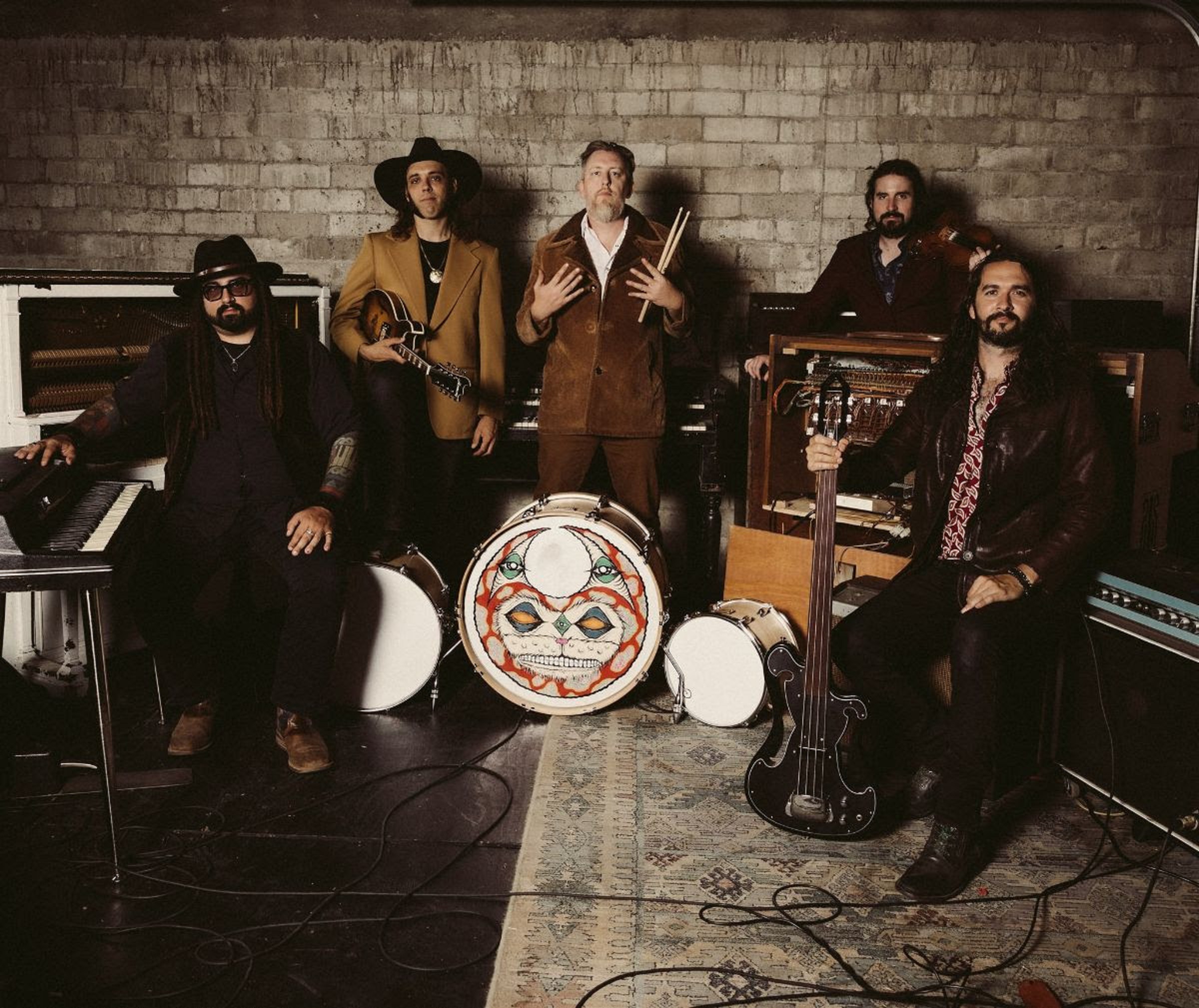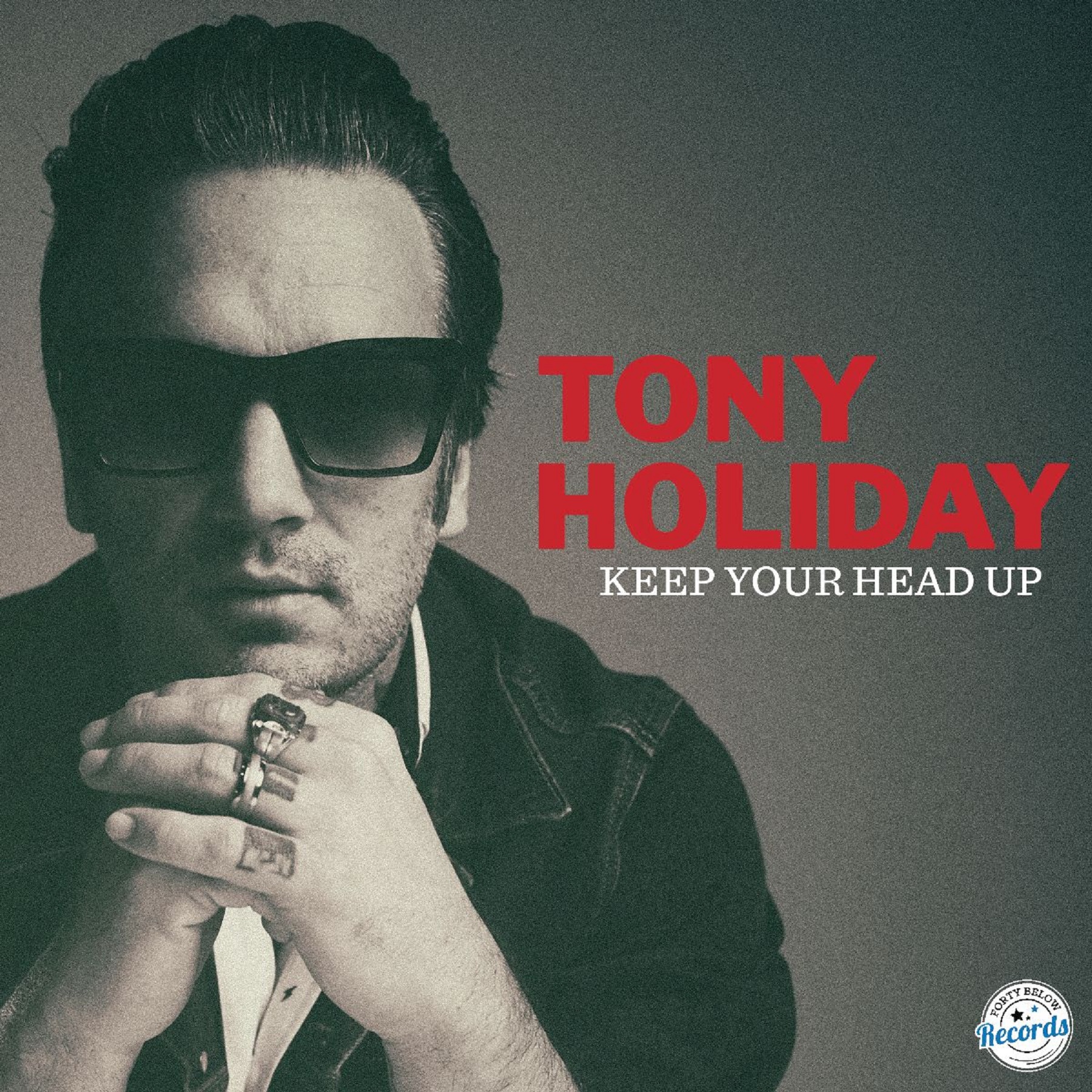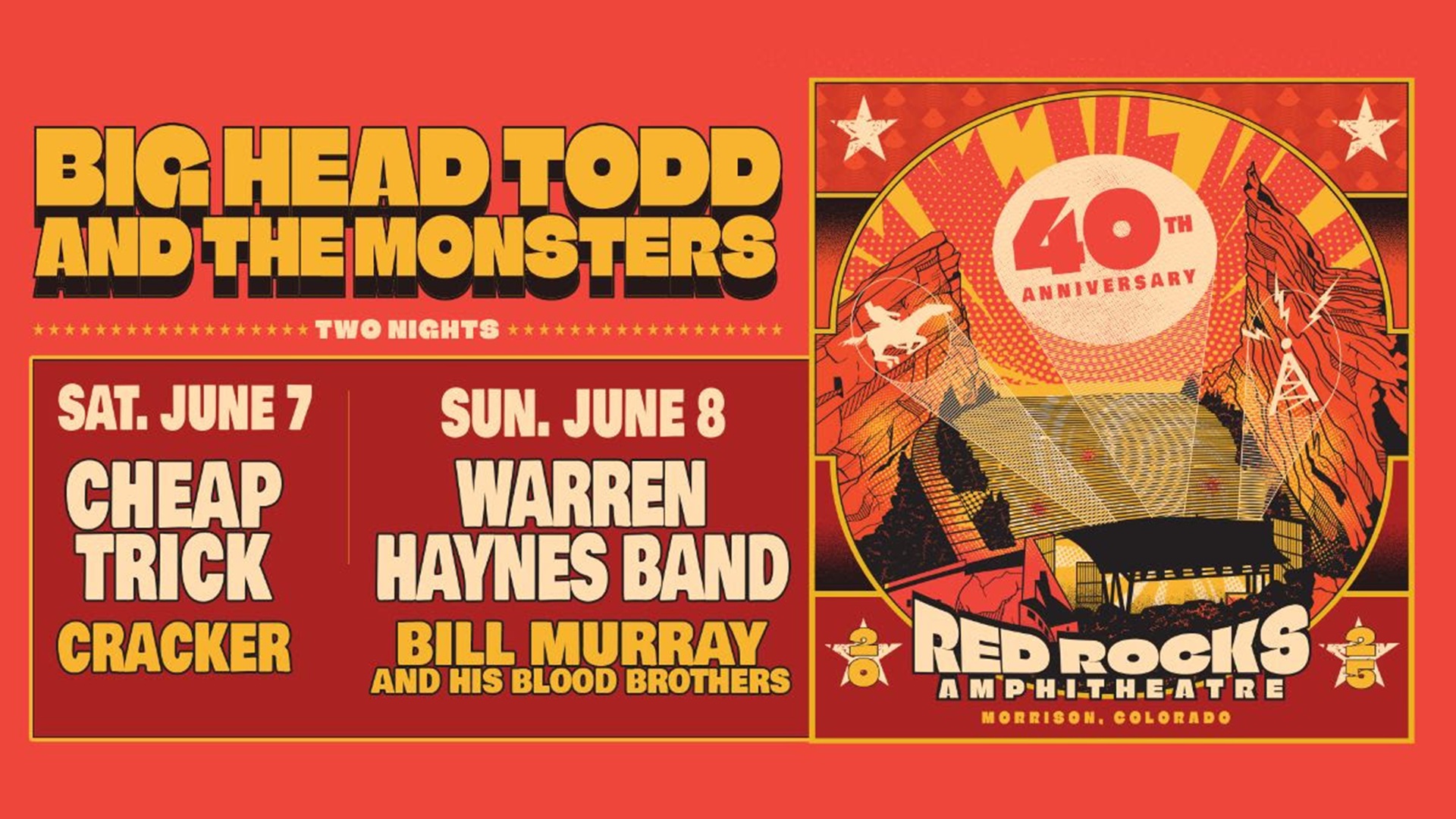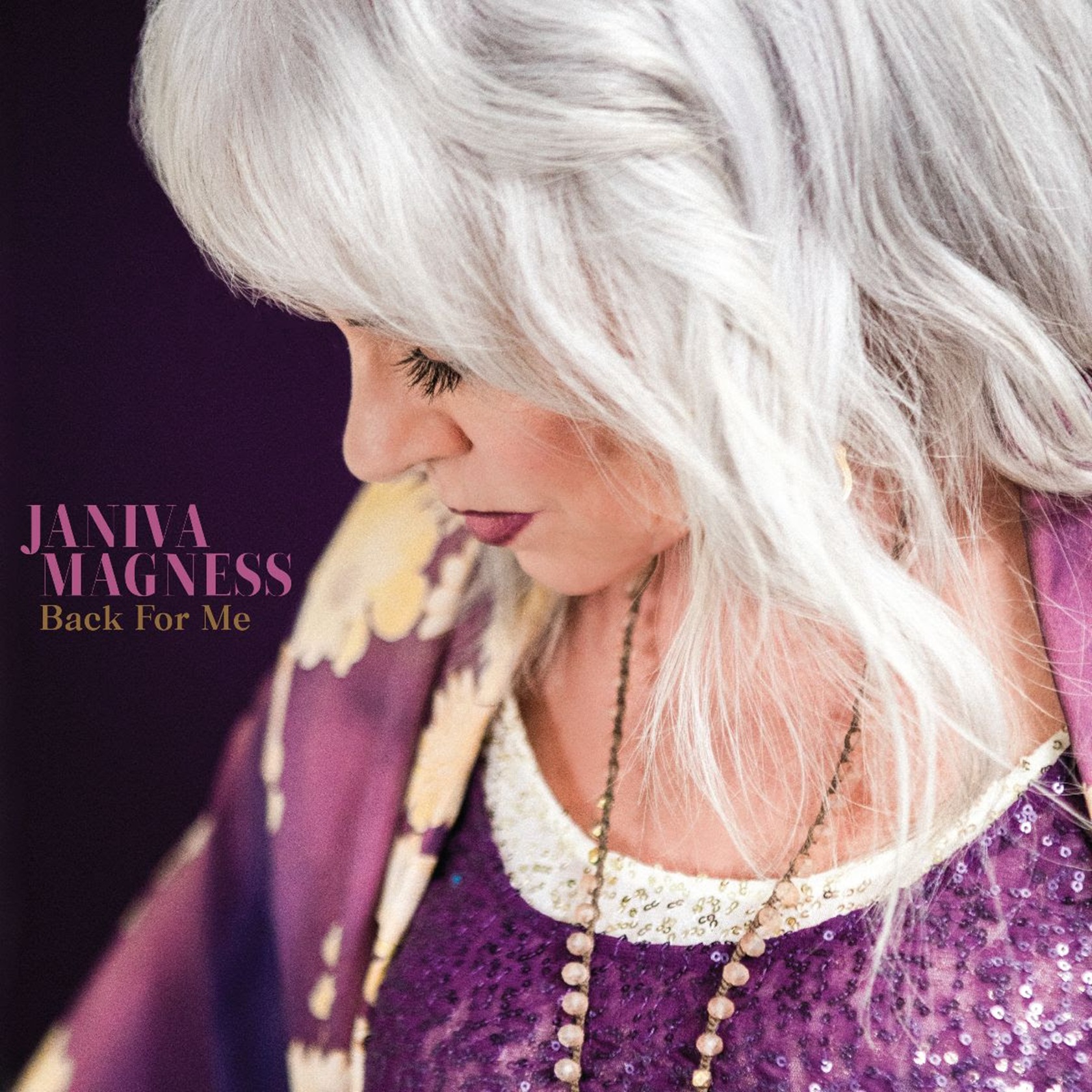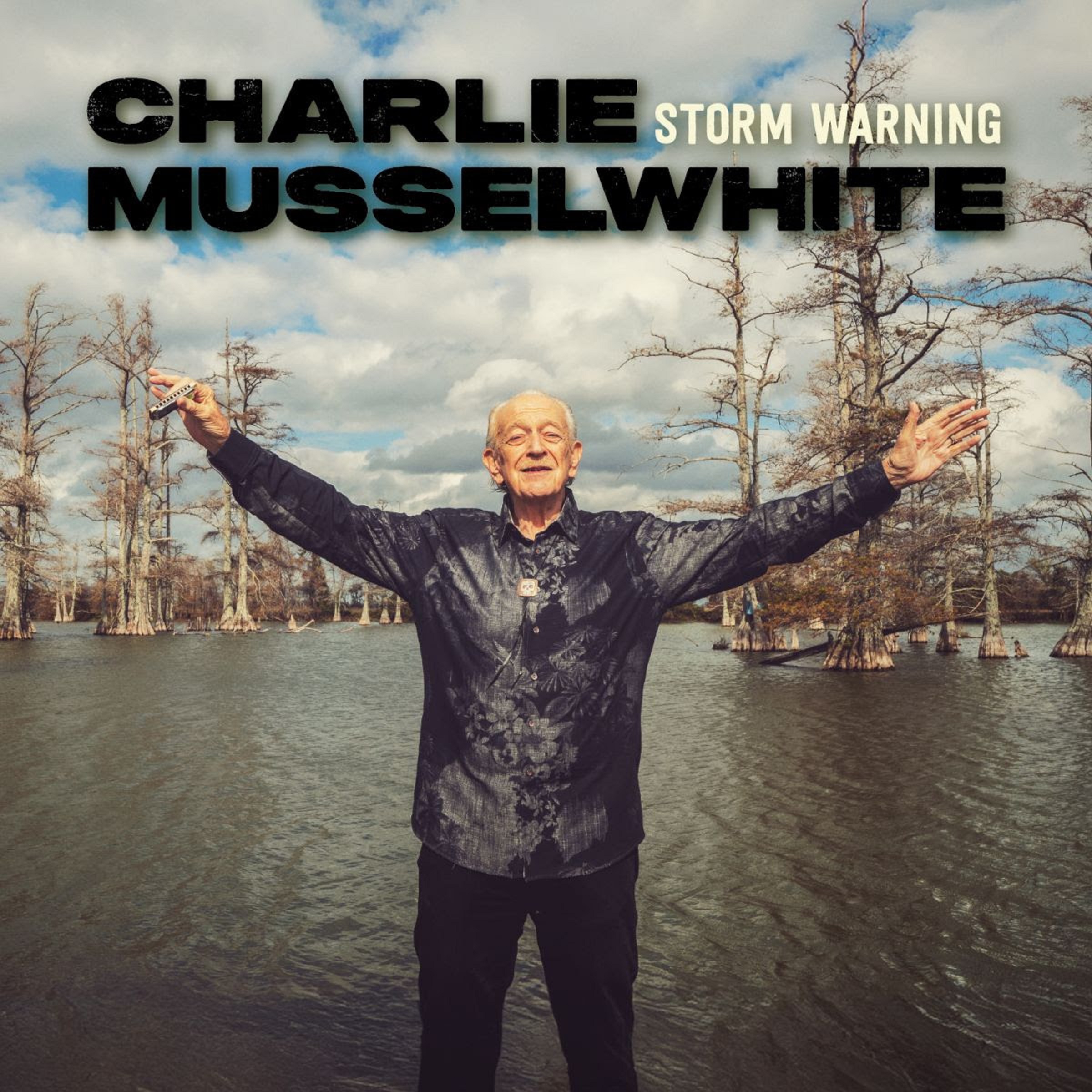Great artists manage to excel in a particular format, but they never find themselves strictly confined either. Consequently, while Grant Dermody has been hailed as a harmonica player, singer, songwriter, and teacher with an approach intrinsically tied to acoustic blues and Chicago blues, his musical reach extends well beyond any singular genre. With three previous albums as a solo artist, another three recorded in tandem with his various bands and wide and varied appearances on nearly two dozen recordings by other artists — Eric Bibb, Dirk Powell, Dan Crary and Cedric Watson, among them — Dermody is now recognized the world over as one of the most profound and prolific harp players making music today.
My Dony, Dermody’s upcoming album (due May 8 on Thunder River Records) ought to entrench that reputation to even greater degree. Recorded live for the most part with a core group of a distinguished group of musicians — longtime friend, colleague and producer Dirk Powell (guitar, piano and harmony vocals), Jason Sypher (bass), Jamie Dick (drums), Corey Ledet (accordion), Kelli Jones (harmony vocals), and special guests, Rhiannon Giddens, Allison Russell, Amythyst Kiah. Co-produced by Dermody and Powell (their second co-production following 2015’s Sun Might Shine On Me), its 13 songs are infused with energy, urgency and absolute exhilaration, capturing Dermody’s ability to wring emotion out of every note and then back it up with powerful playing and the tight-knit arrangements that grace each of the offerings.
Growing up in Seattle, Dermody was given his first harmonica by his father at age 18. Jimmy Reed, Little Walter Jacobs, Sonny Boy Williamson, and Walter Horton offered his initial introduction to the blues, but it was seeing Sonny Terry and James Cotton live that showed him the huge sound and wide emotional range that the harmonica was capable of getting. After initially delving into electric blues, he soon found himself drawn more to acoustic sounds and a format consisting of harp, guitar, fiddle and mandolin.
After an extended sojourn to Alaska, Dermody returned to Seattle and studied with author/musician Kim Field who, in turn, encouraged him to investigate the sounds of Howlin’ Wolf, Little Walter and Big Walter. “Kim showed me what good sounded like, sitting right across from you. He had that big, wide open tone, and he had the Chicago tongue-blocked vamping sound as well, he knew how to make it swing,” Dermody says in retrospect.
Dermody soon connected with a band called The Improbabillies, with whom he recorded a self-titled album in 1998. He later produced two ensemble efforts, Crossing That River (featuring 16 musicians) in 2003, followed by his sophomore set, Lay Down My Burden (which included 26 guest artists) in 2010. The latter was recorded at seven different studios. Sadly, Lay Down My Burden marked the final recording of the legendary blues guitarist John Cephas, who duetted with Dermody for a sizzling live take on Skip James’ “Hard Time Killing Floor Blues.
In 2015, Dermody released Sun Might Shine on Me, a critically acclaimed effort that found him making his initial pilgrimage to Dirk Powell’s Breaux Bridge, Louisiana studio facility where he recorded with a core group of three musicians — Dermody. Powell, and Orville Johnson. Other musicians, including Cedric Watson, Rich Del Grosso and Jockey Etienne were brought in for added embellishment. The album was recorded mostly live in five days at Powell’s studio.
For the past 14 years, Dermody has had opportunity to play and record with some of the best in the business. He’s toured the U.S. and Europe, both on his own and in tandem with an ongoing trio that includes Orville Johnson and John Miller. The group has recorded two albums to date, Deceiving Blues in 2006, and We Heard the Voice of a Porkchop, released in 2011. A new effort by The Improbabillies and a duo effort with long-time musical colleague and acclaimed guitarist Frank Fotusky are also scheduled for release in the near future.
Having also worked with such blues legends as Honeyboy Edwards, Robert Lowery, Big Joe Duskin, John Jackson, John Dee Holeman, and Frank Fotusky, it’s little wonder that Dermody has been lauded with constant praise from his peers. “Grant Dermody is one of the greatest blues and roots harmonica players around,” Eric Bibb insists. “His playing reaches deep into the well of tradition and at the same time takes the music to exciting new places with a very personal sound. Working with him in the studio and on the stage is always a pleasure.”
It's also a credit to Dermody’s generosity of spirit that he’s always been willing to share his skills with his students and move the music forward and then bring it back around. He continues to teach harmonica in both private and group settings to students of all ages both here and abroad. His goal, he says, is to help students find their own voice on the instrument.
“I’ve got my own sound that keeps evolving, and I’m a work in progress as a harmonica player and a singer. I’m always moving forward musically”, Dermody maintains. “While there’s a ton of great harmonica players out there, I wouldn’t want to trade places with any of them. I’m very happy where I am now, on the right path.”






